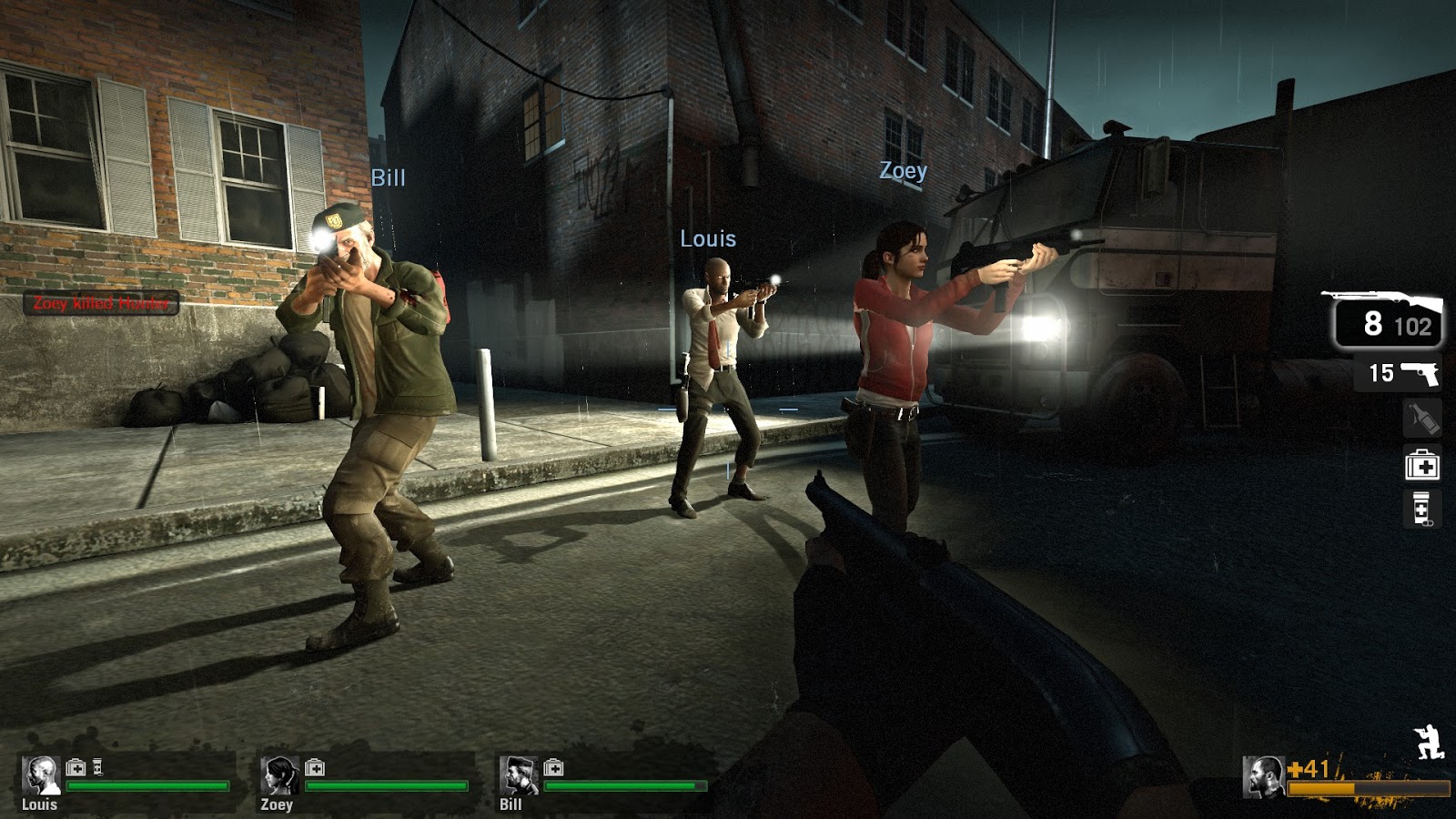There is a very real sense in which I feel that my geeky teenage years, chatting on MSN Messenger, playing video games, and generally being content with my own company, have prepared me well for the days we find ourselves in. The COVID-19 pandemic has had us all stuck inside and glued to our computers like we’ve only just discovered the internet. My IT helpdesk work has been primarily conducted via Microsoft Teams chats replete with cat GIFs. We’re avoiding each other on the streets, much like my introvert self has always done instinctively. And as Australia opens up its economy in the eye of the cyclone, I’m still plodding along with minimal social contact and an odd sense of déjà vu.
What games do you play in a pandemic? Somehow the family board-games-via-Zoom nights avoided the Pandemic board game, though the instinct for survival did not fall entirely by the wayside. My brothers-in-law and I jumped into two very different co-op survival video games: Green Hell and Scrap Mechanic.
The first of these, Green Hell, is absolutely gorgeous and really quite brutal. Our first few sessions after being dropped into the Amazon without a hope or a clue brought intoxicatingly hard won gains, only to be brought low by an attack that destroyed literally everything we had built. So we turned off said attacks and started again, using “totally valid” and “not cheating” settings to balance our psyches against the ongoing challenge of staying alive in the face of thirst, hunger, disease, and animal attacks. This somehow broke the game, though we didn’t realise for a while: after a couple of in-game weeks without rain we figured things were not right. However, by that point, we had also broken through an invisible barrier that exists in Green Hell‘s co-op survival mode between the gameplay phase when you think it’s an open world, and the gameplay phase when you think it’s a linear game. The further east you go, the fewer options you have and the more the world directs you along a single path. You stop exploring and start speed-running; you stop treating your hunger and thirst as something to address and start treating them as something to race. And when you finally reach the end of that path… it loops back on itself. The tantalisingly narrow way leads back to the open valleys. There is no end. No resolution to the struggles. The brutality of this realisation and its effect on our hopes turned out to be the game’s insurmountable challenge.
We have had much more fun playing Scrap Mechanic. We became reasonably adept farmers early on, yet always struggled to fight back the hordes of angry robots each night. We enjoyed both the ridiculousness of the vehicles we built and the challenge of making them work. I honestly don’t know if Scrap Mechanic has an ending to its survival co-op mode, and I don’t care. This game provides a different kind of enjoyment that I found more readily accessible, especially now. It’s not just that it’s a more humorous take on the survival genre, nor that it’s necessarily easier – less punishing, perhaps, but far more technical. I think there’s just more joy to be found in the construction of the slightly absurd than the barely functional. Or perhaps there’s more hope for success when building with wood blocks rather than bare sticks. Or perhaps the brighter colour and sound palettes provoke optimism. Or perhaps all of these combined allow mortality to be a less imminent threat, and one whose sting is only the inconvenient rebirth of the video game rather than a worm-riddled and lonely end under the leaves of an Unknown Fruit tree.
My neighbour just coughed, and I am an antelope at a pond that has just heard a cheetah in the grass. Simulated death can be too real when death is all around. Absurdism, humour, and escape can help us process the risks of our time more gently. While realism and caution help save lives during a pandemic, time away from the news and immersed in a world where gravitational glitches can send cars flying miles into the sky only to land on your head can also be strangely healing.

